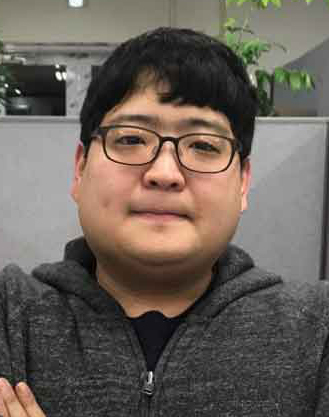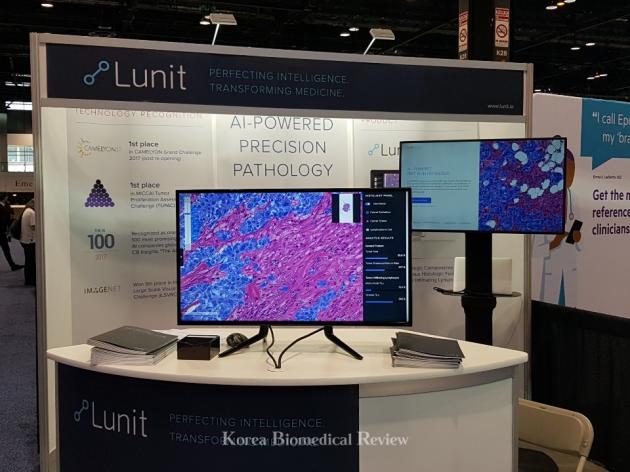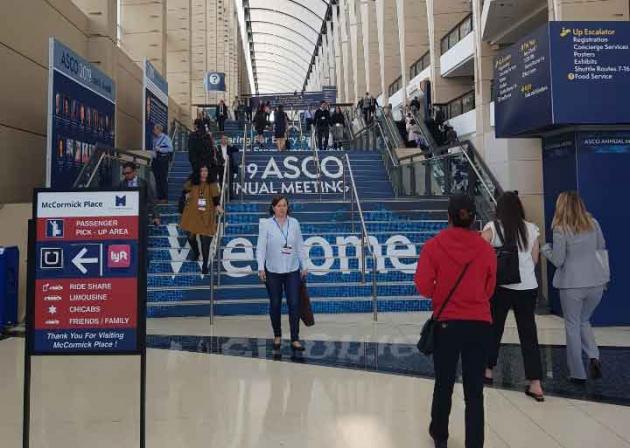The 2019 American Society of Clinical Oncology (ASCO) Annual Meeting was befitting of its reputation. Just the size of the McCormick Center, the venue of the conference, and the participants were enough to explain why ASCO is one of the leading medical conferences worldwide.

It was not hard to feel a sense of pride regarding the strong presence of Korean researchers and professors at ASCO 2019. Although this reporter had attended numerous Korean conventions and media briefings, this was the first time that I could feel that the level of national research institutes and researchers is growing globally, and at the same time, the major clinical trials in Korea are becoming more active.
This year, more than 20 professors from Korean hospitals, including Seoul National University Hospital, Samsung Medical Center, Severance Hospital, and Asan Medical Center, made presentations in 184 sessions. The sessions were diverse with some of them led by renowned Korean oncology researchers, including Professors Cho Byoung-chul and Park Yeon-hee.
With a modicum of exaggeration, such high presence from Korean researchers got my hype up to see the Korean pharmaceutical companies making a massive presence at the conference.
At ASCO 2019, Korean companies presented a variety of results during the poster session, and interests from foreign participants were huge, with many types of research grabbing the attention from doctors, researchers and multinational pharma employees.
After viewing large sections where global companies had put up their booth, I could not help but disappointed by the lack of similar showing by Korean companies.

Lunit, a medical device company focusing on AI, was the only local company to have set up an independent booth.
Of course, setting up a booth does not directly link to a company’s performance in the field of oncology. It is also true that local pharmaceutical companies are considered newcomers in this field and do not have robust pipelines compared to multinational pharmaceutical companies.
Later, I heard that local pharmaceutical companies set up a booth during previous ASCO conventions, but did not get around to applying for a spot this year.
After watching heated discussions and interests from participants at multinational pharmaceuticals' booths, however, it seemed as if Korean pharma companies could have attained more by showing their presence in the global pharmaceutical sector by setting up their booths in addition to taking part in poster sessions.
The Korean government has repeatedly said that it plans to make the pharmaceutical business as the nation’s new growth engine. The Moon Jae-in administration included the bio-health industry in its strategic sectors in 2017, and the industry emerged as one of the eight leading industries in Korea last year.
This year, the government has even named it as one of the three futuristic industries.
Korean medical researchers have long proved that they are on par with their global counterparts. If the domestic industry remains shy of demonstrating their accomplishments in international conferences, however, foreigners will find it difficult to know, let alone recognize, this country’s achievements as well as its world-class players and products.


